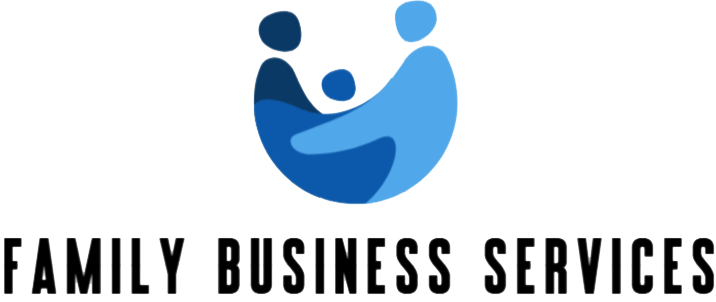As the year comes to a close, it’s important for small business owners to start thinking about year-end tax planning. A little bit of preparation now can help reduce your tax bill and set you up for a smooth start to the new year.
Without further ado, here are 5 simple and effective tips to help you get the most out of your tax situation before the calendar turns.
Maximize Your Business Deductions
One of the best ways to reduce your taxable income is by taking advantage of deductions. As a business owner, you may be able to deduct a variety of expenses, such as:
- Office supplies and equipment
- Business-related travel expenses
- Professional fees (e.g., accountants or consultants)
- Marketing and advertising costs
Before the year ends, review your business expenses and make sure you’re claiming all possible deductions. For example, if you need new equipment, purchasing it before December 31st can allow you to claim it as a deduction for this year.
Additionally, if you have a home office, you may be eligible for a deduction based on the percentage of your home that’s used exclusively for business. It’s important to keep good records and receipts to back up these deductions in case you need them later.
Contribute to Retirement Accounts
Retirement savings can have a double benefit for small business owners. Not only do they help you prepare for the future, but contributions to certain retirement plans can also lower your taxable income for the current year.
Consider contributing to a retirement plan like a 401(k) or a Simplified Employee Pension (SEP) IRA. These contributions can be deducted from your income, reducing the amount you owe in taxes.
The earlier you contribute, the more you can save, so don’t wait until the last minute.
If you have employees, you might also want to consider offering a retirement plan to them. Not only is this a great way to attract and retain talent, but it may also provide additional tax benefits for your business.
Review Your Business Structure
The structure of your business – whether you’re a sole proprietor, partnership, LLC, or corporation – has a big impact on your tax situation. At the end of the year, it’s a good time to assess if your current structure is still the most tax-efficient choice for your business.
For example, some business owners may find that switching from a sole proprietorship to an S-corporation can provide tax benefits, such as saving on self-employment taxes.
However, every business is different, so it’s important to consult with a tax professional who can help you determine if a change in structure makes sense for your situation.
Take Advantage of Tax Credits
Tax credits directly reduce the amount of taxes you owe, which makes them even more valuable than deductions. There are a variety of tax credits available to small business owners, depending on your industry and business activities.
For example, if you have made energy-efficient improvements to your business property or have hired employees from certain disadvantaged groups, you may qualify for specific tax credits.
Be sure to research the credits that apply to your business, and take advantage of them before the year ends.
Working with a tax advisor can help you uncover opportunities for tax credits that you may not be aware of.
Plan for Next Year’s Taxes Now
Finally, while you’re wrapping up your year-end tax planning, it’s important to look ahead to the next year. Forecasting your income and expenses for the upcoming year can help you avoid surprises and manage your tax liability better.
Consider adjusting your withholding if your income will change next year, or set up estimated tax payments if you expect to owe more in taxes. Making estimated payments throughout the year can help spread out your tax burden and reduce the risk of a large payment when taxes are due.
By thinking ahead and planning now, you’ll be in a better position to manage your finances and taxes throughout the year.
Conclusion
Year-end tax planning doesn’t have to be stressful. By taking advantage of deductions, contributing to retirement accounts, reviewing your business structure, exploring tax credits, and planning for the future, you can reduce your tax bill and set your business up for success.
Make sure to consult with a tax professional to ensure you’re making the most of your tax situation before the year ends.



